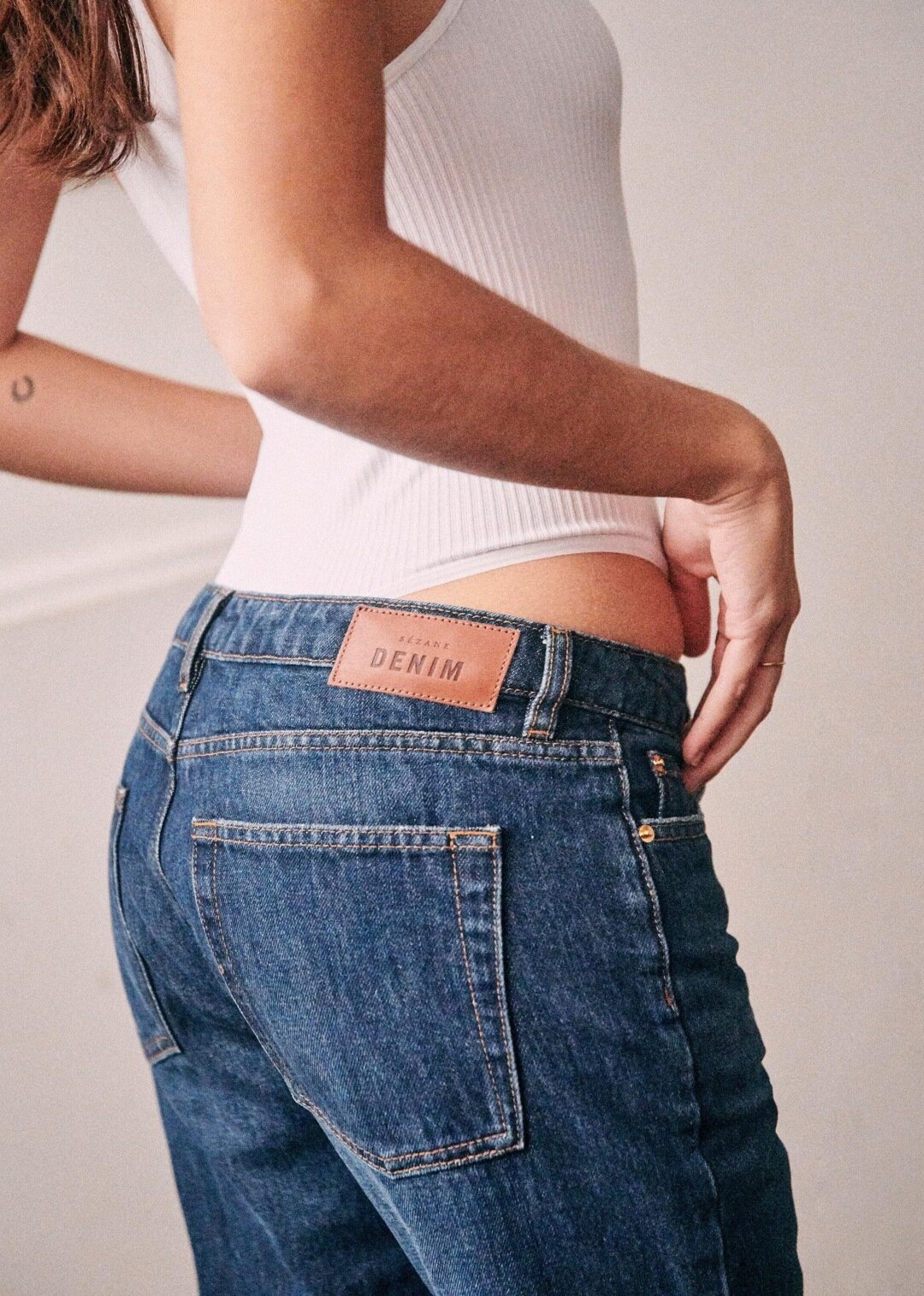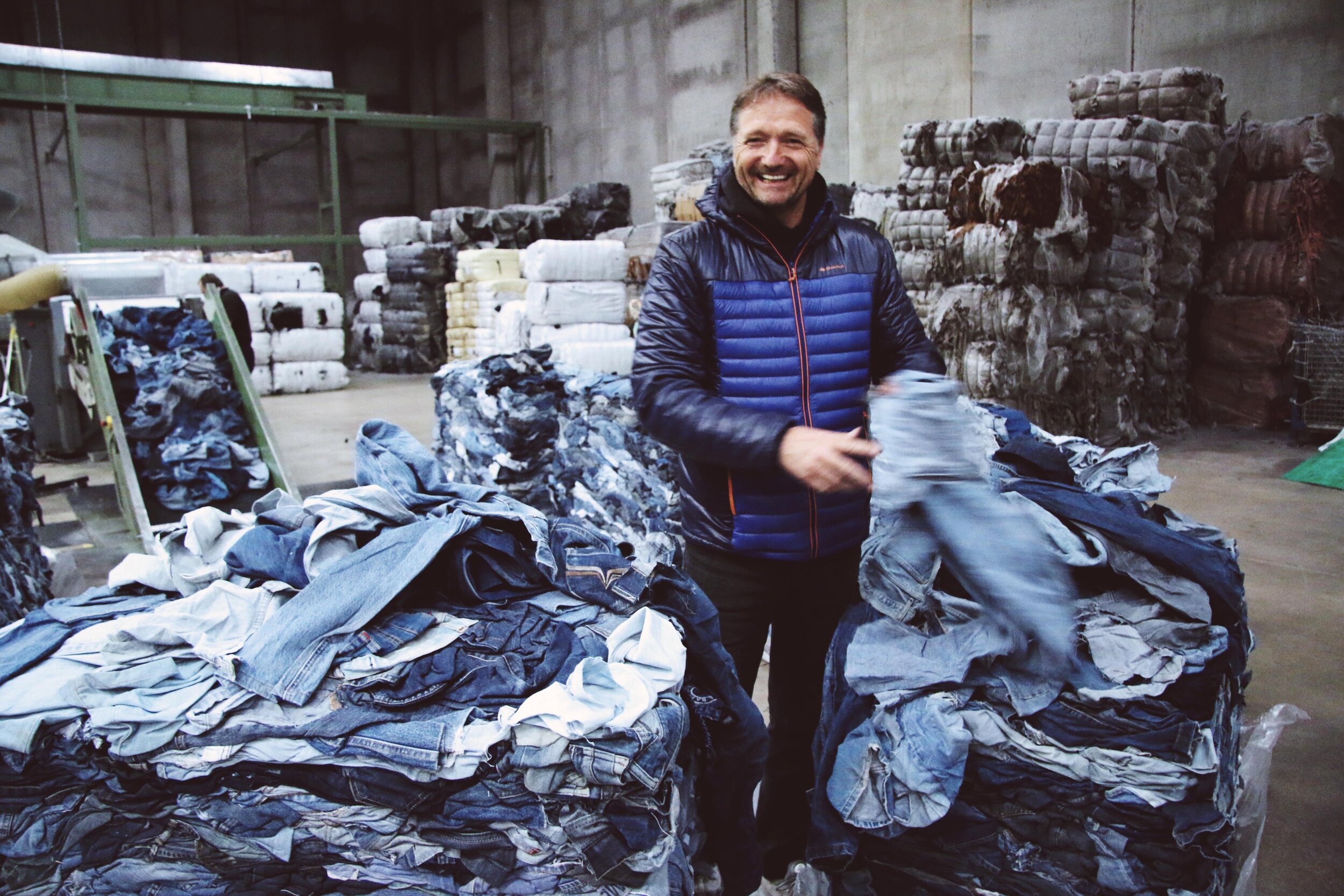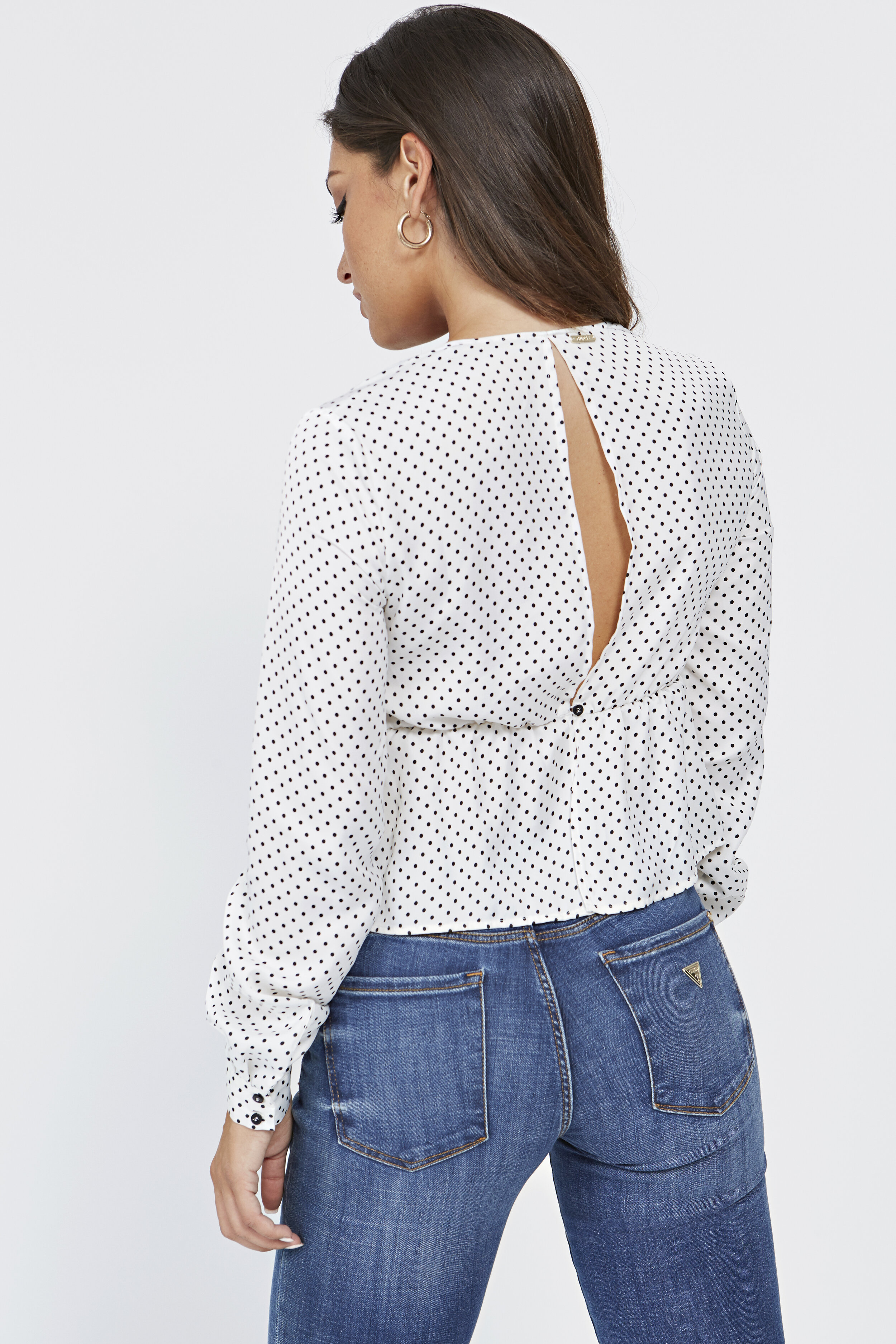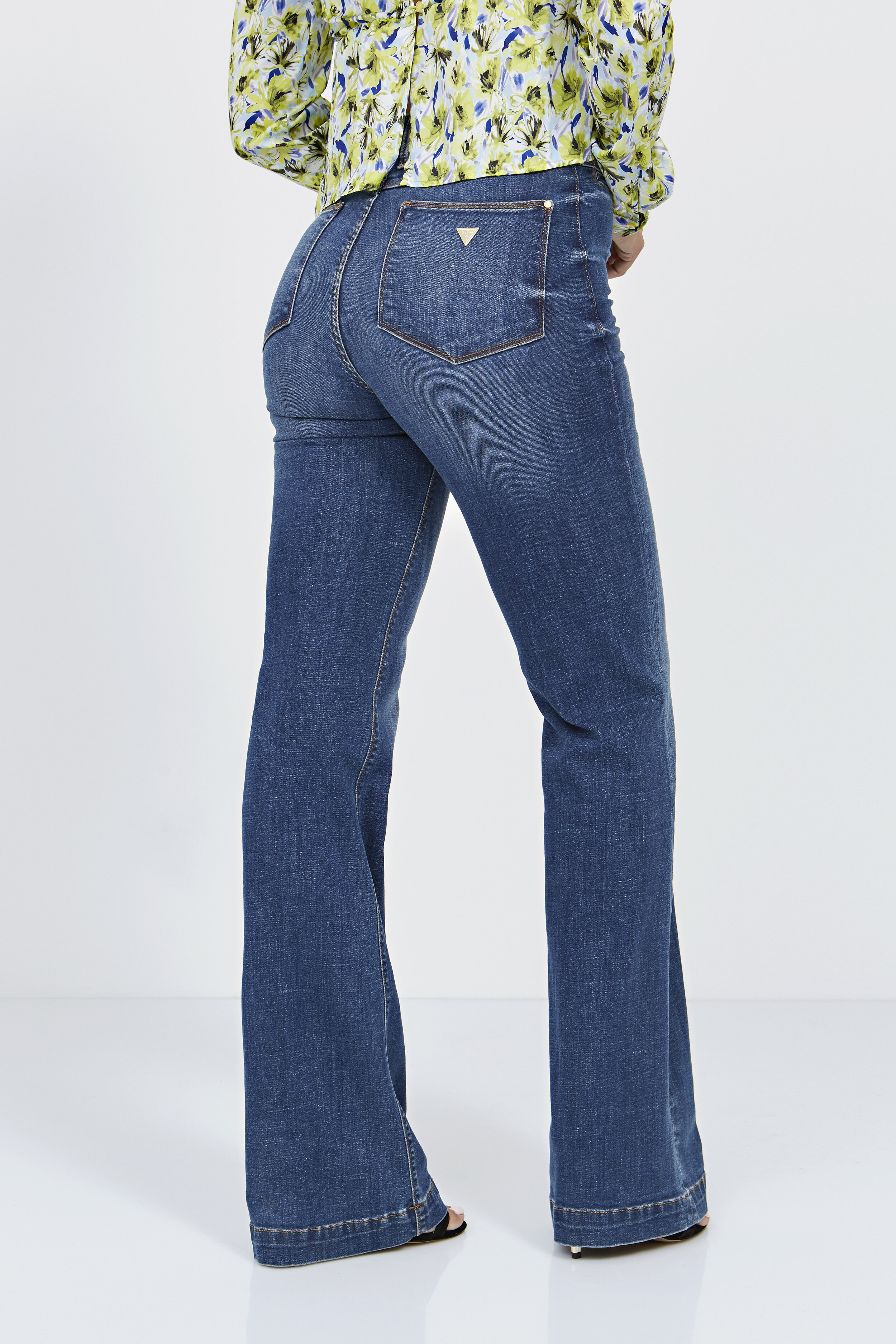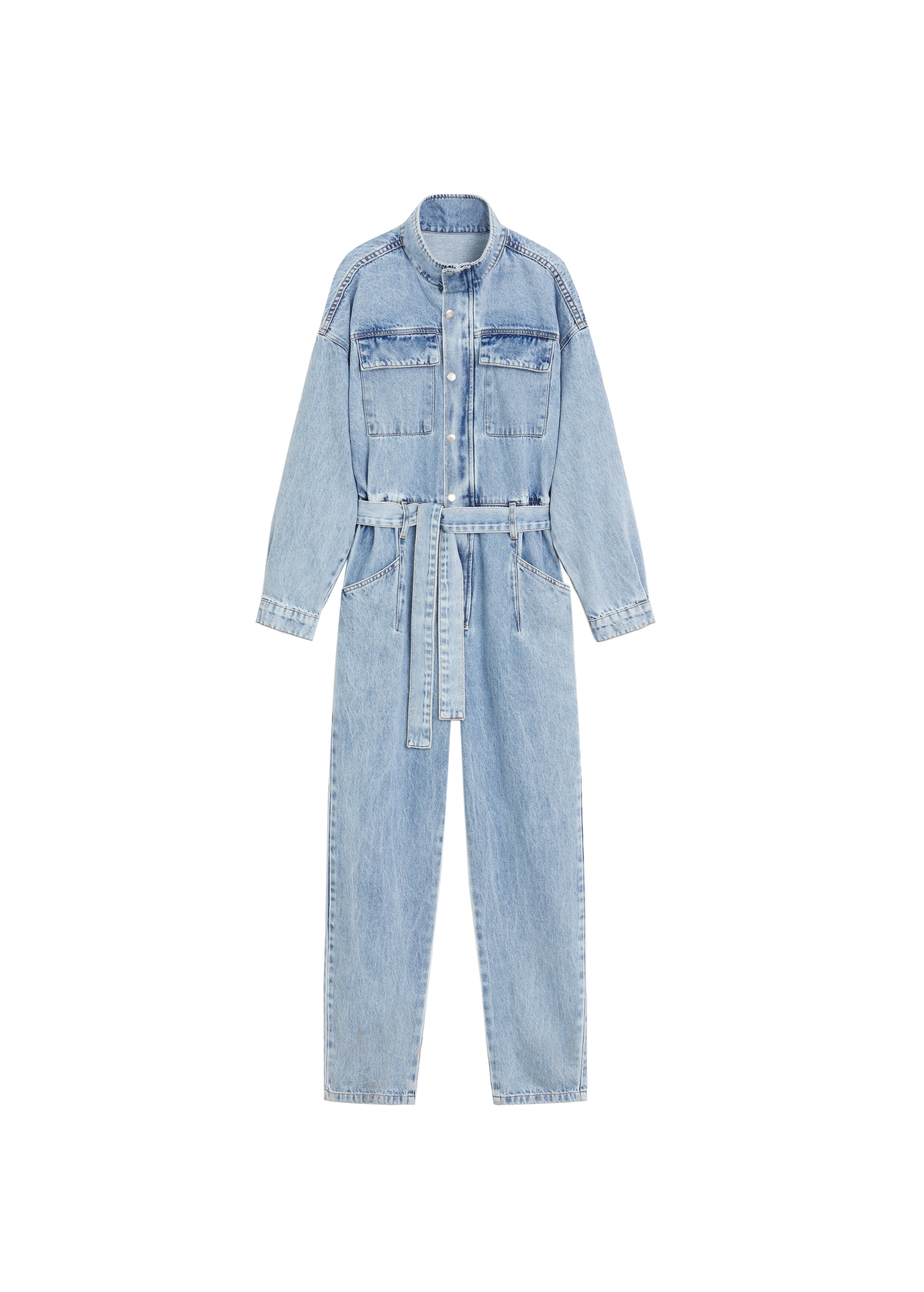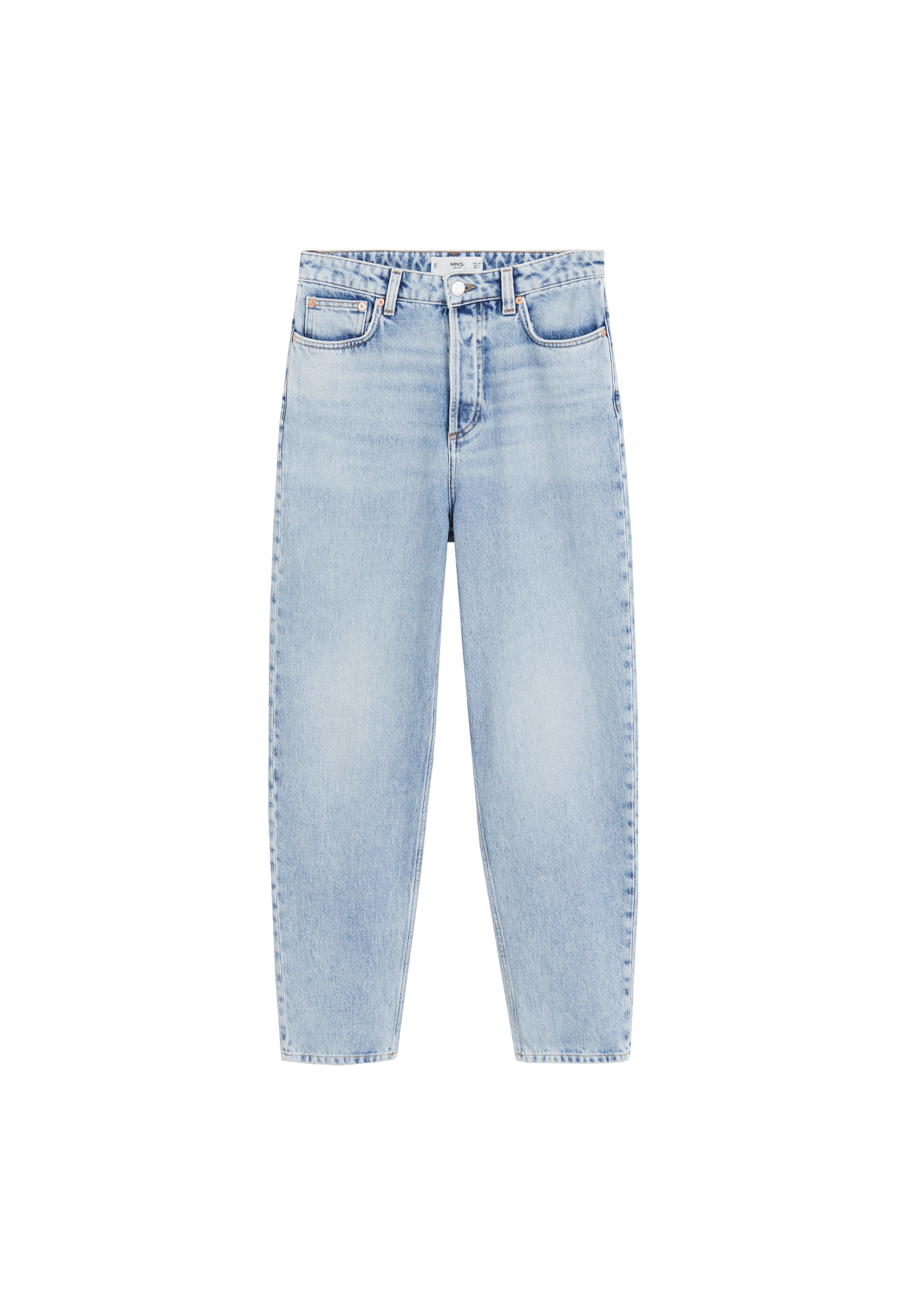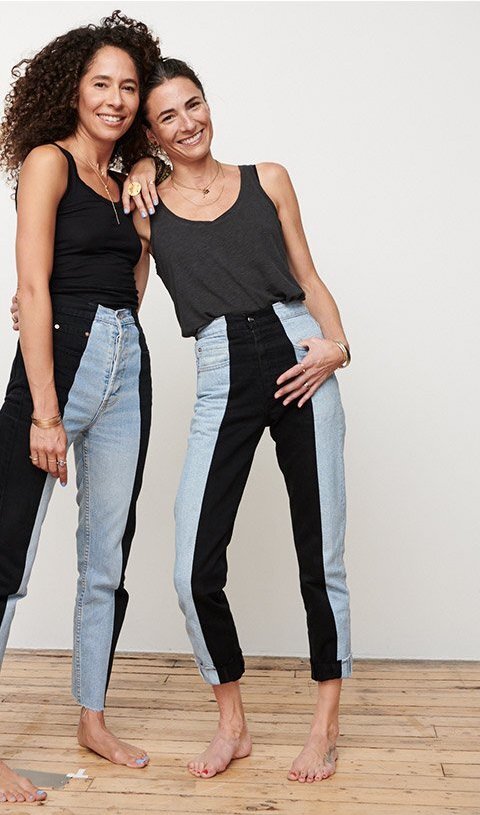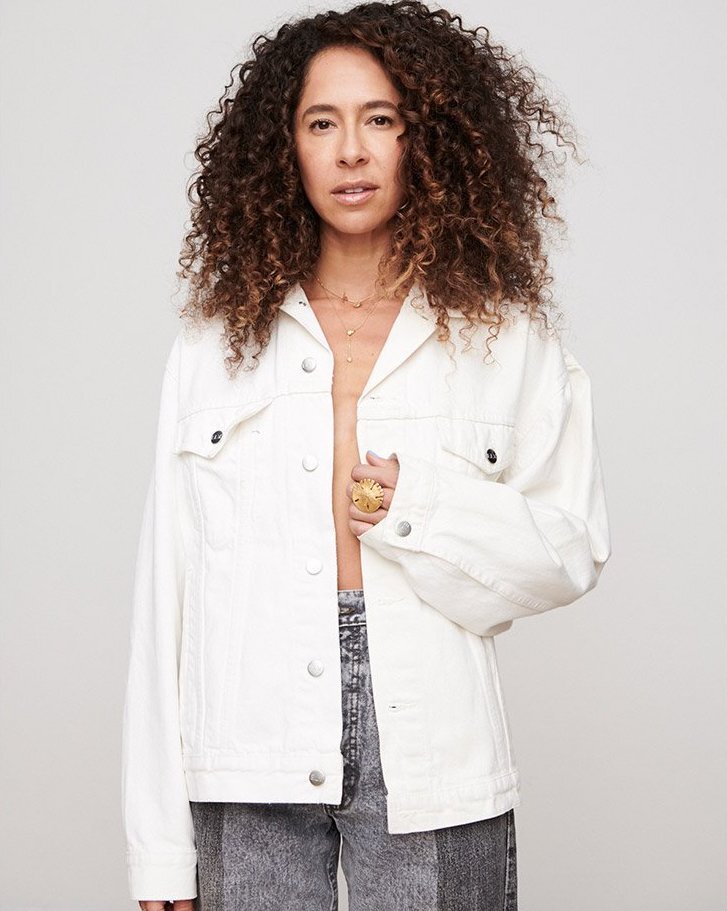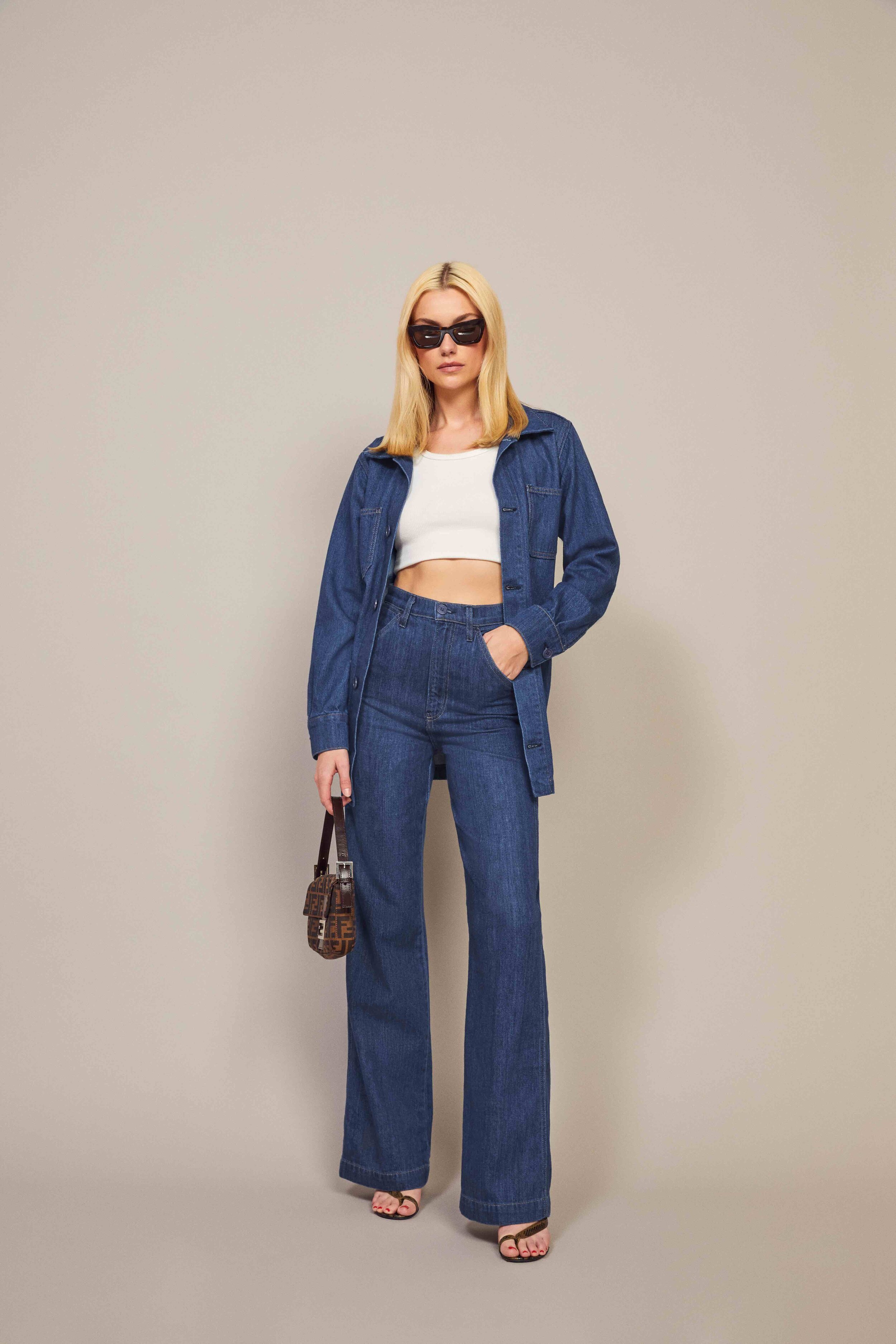Sustainable Denim
An edit of hero labels engaging with sustainability, originally published for Forever Young Magazine.
Brands and consumers alike are finally waking up to the fashion industry’s negative impact on the environment and the dirty secrets - excess waste, toxic chemicals, dangerous fibres, polluted waters, bad working conditions - woven into manufacturing ‘fast fashion’. Sustainability is the buzzword, and fashion labels, from high-street to high-end are beginning to address their accountability.
But how do fashion brands actually earn their sustainable fashion brand label? Is it enough that brands are pledging to become carbon-neutral? From conception, sourcing materials, through to production and onto purchase, where are companies putting sustainability into practise? From recycling, up-cycling and repurposing materials, to zero-waste and using non-toxic materials, from slowing down demand and battling trend-driven fast-fashion to practising fair-trade, a brand can be sustainable in so many different ways and to varying degrees.
Consumer mind-set is just as important for the future of sustainable fashion and, in this equation between consumer and brand, we too need to take responsibility. To be completely guilt-free, we would have to make the most of the clothes we already own, re-purposing and re-cycling, not buying into this equation between consumer and brand at all. But this would be unrealistic. Those individual choices in the way we dress throughout our lives bring us joy. It’s about making those choices mindful, rather than giving in to mindless shopping, embracing a realistic attitude and shopping with a little more eco-savvy.
Often shopping is an impulsive decision. Instead, we need to look beyond these quick-fix purchases to future wear-ability and take our wardrobe, both past and future, into consideration too. We’ve set ourselves the challenge of finding those lust-worthy items, that have an eco-friendly conscious at the same time. Luckily for us, the brands are stepping up too and there are some great options out there to choose from.
DENIM
Denim is one of the worst offenders for environmental impact, using thousands of litres of water to produce enough cotton for just one pair of jeans. Alongside environmental consequences from excess water usage and water wastage, are reports of hazardous working conditions from practices such as sandblasting and chemical spraying that are linked to lung disease - cheap and easy ways of ‘distressing’ jeans (look to the Clean Clothes Campaign). Thankfully, the denim rules are shifting. Helping to lead the change, setting out to make fashion circular, is the Ellen MacArthur Foundation and their initiative: The Jeans Redesign. Signing up to their guidelines, brands pledge to tackle waste, pollution and the use of harmful practices, looking to garment durability, material health, recyclability and traceability to improve the sustainable impact of their denim. We too have been on the look out for brands addressing the sustainability of their denim production, and bring you an edit of some of our top picks.
Sézane
Parisian-born label Sézane have a line of eco-friendly denim essentials, taking pride in their perfect cuts and craftsmanship with a certain je ne sais quoi for all. Spending two years researching and overhauling their entire production process, Sézane have created this new sustainable denim line, using half the water than traditional methods and between 83% - 100% less chemicals depending on the style. Alongside certifications and recycling more than 12,000 pieces for their main collections, Sézane have also launched a philanthropic program DEMAIN. Promoting access to education, culture and equal chances for all, this initiative supports partner organisations, projects and thousands of children around the world.
MUD Jeans
MUD Jeans is a sustainable, carbon neutral, Dutch denim brand fighting for a circular fashion industry, recycling and up-cycling resources where possible, and introducing the innovative ‘Lease A Jeans’ concept. This system ensures that every garment, and
its valuable fibres, comes back to MUD to get recycled, with repairs provided and the chance for customers to swap their jeans for a new pair after a one-year rental term is complete. They use post-consumer recycled denim and organic cotton, with the aim of designing jeans made out of 100% recycled denim. They are recycling 95% of the water they use and are reducing this use of water with ‘Jeanologia’ laser techniques rather than harmful chemicals. Winning various prizes, including the Edie Award for Sustainability Business Models and the Peta Vegan Award, MUD Jeans is striving towards the highest standards of sustainability and we’re loving their down-to-earth, classic styles.
GUESS
A favourite for high-waisted curve hugging styles, GUESS are on a mission to reduce their carbon footprint, launching an Eco Denim Collection for SS20 as part of their GUESS Sustainability Plan. They’ve set their focus onto fabric innovation, using fibres such as LenzingTM EcoVeroTM made from certified renewable wood sources (generating up to 50% lower greenhouse gas emissions and water usage compared to generic viscose). Joining the Ellen MacArthur Foundation’s Make Fashion Circular initiative, they are actively revisiting the ways in which they make denim and are embracing the challenge of overhauling their production processes for a more sustainable future.
Mango
High-waists, acid washes and slouchy denim staples, Mango has launched a 14-piece denim collection inspired by the 80s and 90s for this season. The styles are timeless, but contemporary, and are all made from sustainable cotton. Some of the jeans have also been made using the Jeanology technology which saves up to 45 litres of water per item. The denim collection is a particular highlight from the Mango Committed range, as Mango continues to step up their responsibility.
E.L.V.
Sustainable responsibility and creativity is rooted into the foundations of E.L.V. denim: incorporated into the brands name, an acronym for East London Vintage. Ensuring zero impact on the environment, and no wastage, they manufacture the entire collection in East London, taking discarded unwanted denim that would otherwise end in landfill and reworking it into new jeans. With only 7 litres of water needed for a pair of E.L.V. Denim jeans in contrast to the thousands of litres needed for completely new jeans, they give modern meaning to the word vintage, reworking the strength and functionality of denim.
Reformation
Reformation have been water neutral since 2015, as the first fashion brand to balance their entire manufacturing water footprint through the BEF Water Restoration Program. They use a third of water compared to traditional denim manufacture and then offset the remaining water usage. Reformation believe sustainability is paramount, and are showcasing this in their latest eco-friendly denim capsule, the Ref Jeans Power Dressing Collection. For polished denim styling, look no further. Their Ref Jeans collections are all made from deadstock and eco-friendly fabrics like organically grown cotton, recycled elastine, TENCELTM lyocell, and REFIBRATM lyocell, and their latest vintage-inspired styles, including a retooled skirt, a two-tone denim jacket and a trouser jean, are hero pieces for both your workwear and weekend wardrobes.
Boyish Jeans
Every pair of Boyish jeans are produced with sustainable fabrics through a completely environmentally-friendly and cruelty-free process, working exclusively with recycled materials and using a third of the amount of water typically needed to produce a pair of jeans. These denim styles express that “Boyish” aesthetic, combining men’s fabrics and fits but tailored for a woman’s body. With vintage feel and feminine fit, each pair of jeans embodies the brand’s Californian spirit and LA style.


